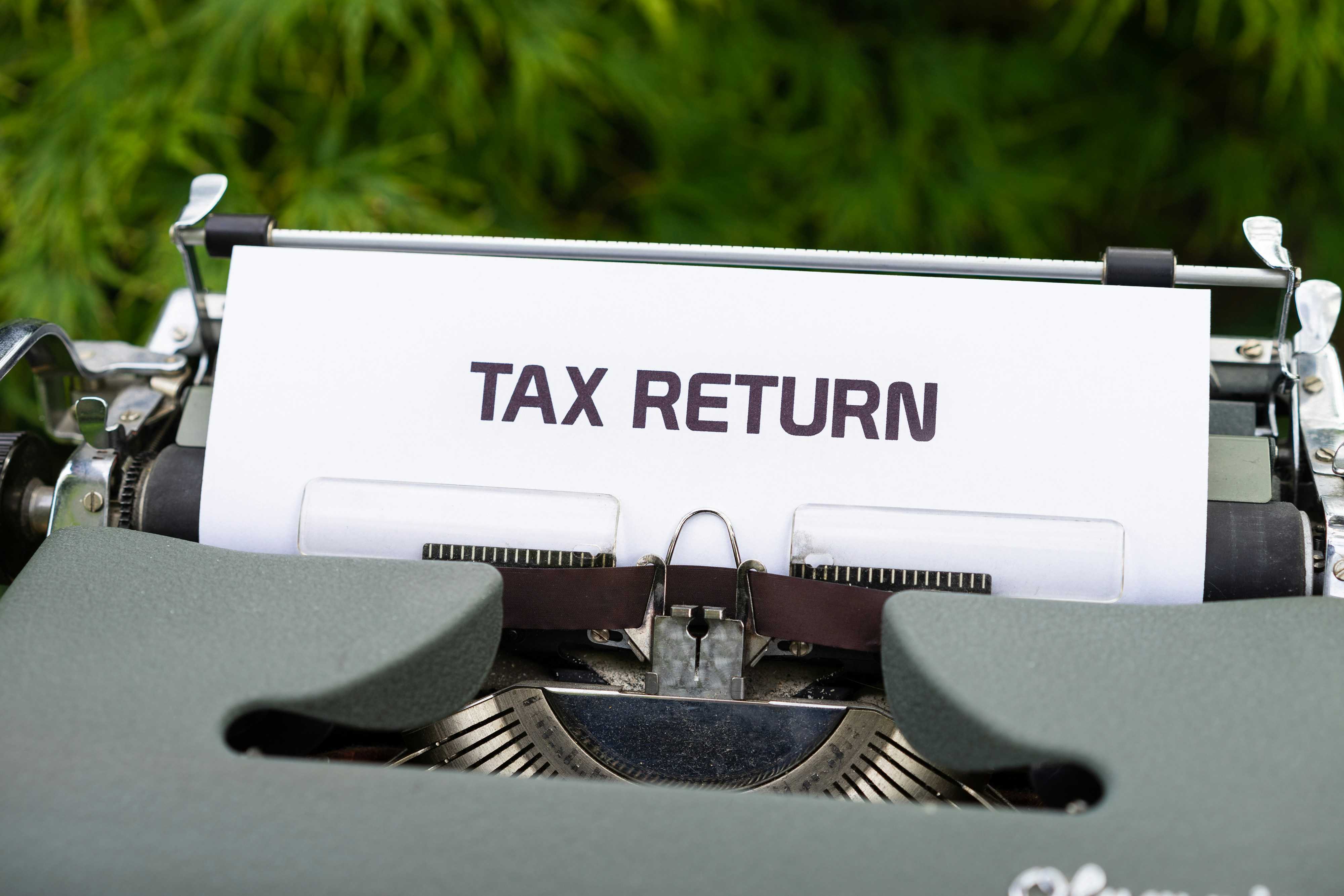HMRC's recent guidance clarifies what training expenses self-employed individuals can claim on their tax returns. Here's the breakdown:
Good News: Upskilling and Keeping Up
You can now deduct training costs that help you:
• Improve existing skills in your field
• Keep pace with advancements in your industry
• Acquire new skills relevant to your current business
This applies even if the training isn't directly related to your core skills. For example, a potter taking e-commerce courses to sell online can deduct the cost, even though it's not directly about pottery making.
Supporting Your Business Counts Too
Training in ancillary areas like digital marketing, bookkeeping, or website development is also deductible as long as it benefits your existing business. This allows you to invest in expanding your skillset to better manage and grow your enterprise.
Limits Still Apply
It's important to remember that despite these small relaxations, the rules remain stricter than they are for employers. You cannot deduct training costs for:
• Starting a completely new business venture
• Acquiring skills for a new, unrelated profession (e.g., unemployed person becoming a driving instructor)
The Bottom Line: Invest in Yourself and Your Business
This change allows self-employed individuals more flexibility in claiming training expenses. You can invest in self-improvement and develop new skills that directly benefit your existing business, ultimately helping it thrive.
Contact us if you would like advice on whether a training course is deductible for your business.



